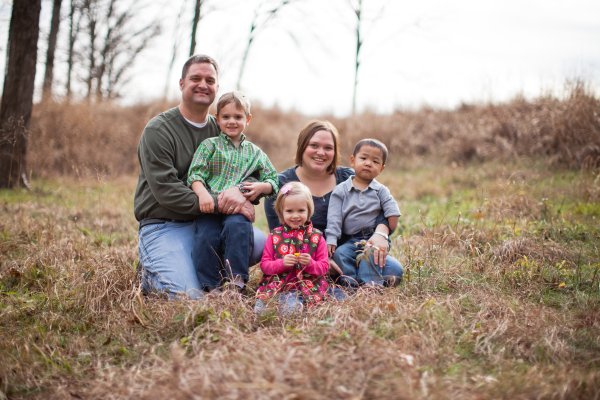Recently our children have been enrolled in a start-up Classical Education school -- Redeemer Classical Academy. We are very excited about the opportunity our children have to be taught by outstanding teachers in the intimate environment that Redeemer provides. So when I have a moment to myself (not very often!) I have thought a little about the history of Classical Education in our country and wondered what it would be like if everyone had the opportunity of getting a Classical Education -- as obviously the Classical model is no longer followed with the vast majority of schools in our nation.
Then I came across this article. In this piece, there is a distinction drawn between the psychology of those men who fought in the Civil War and those who fought in subsequent wars (namely, World War I and World War II). For example, terms used to describe how the soldiers felt about the situation they were facing showed that (quoting the article) "...many were motivated by the sense that they were living up to some high moral ideal. Words like 'gallant,''valor' and 'chivalric' dot their descriptions of each other’s behavior. Upon being taken prisoner, one Union soldier shook his captors’ hands and congratulated them on the 'most splendid charge of the war.'" Private letters sent by the soldiers to their loved ones "...ring with 'patriotism, ideology, concepts of duty, honor, manhood and community.'" Additionally, the "soldiers were intensely political. Newspapers were desperately sought after in camp. Between battles, several regiments held formal debates on subjects like the constitutional issues raised by the war." And the letters written by the soldiers show a "feeling of indebtedness to the past" and a sense of appreciation for the efforts of those who came before them.
The article then describes, very briefly, the sentiments related by letters from World War II soldiers to their loved ones: "Studies of letters sent home by soldiers in World War II suggest that grand ideas were remote from their daily concerns."
That struck me as odd. Not getting into the specifics of both wars, but it seems to me -- just on the surface alone -- that the "rightness" and necessity of World War II far exceeds that of the Civil War. So why would the Civil War soldiers be so patriotic in their feelings about what they were doing while the World War II soldiers (certainly exceptions occur) apparently were -- on the whole -- not that way?
As I was wondering this, I recalled an article quoted by those who are starting Redeemer Classical School. Take a look at this article, about 3/4 of the way down the page: and look under "Myth #2: My child is not intelligent enough to attend a classical school." I haven't done my own research into the history of Classical Education in our country (yet!) but a sentence in this section struck me: "If you were educated in Western society prior to 1850, you were classically educated."
1850. Hmmm. That was right around the time of the Civil War, wasn't it? I know my own thoughts of the Civil War -- aside from the horrific battles, I have visions of young soldiers with no socks and no shoes trudging through mud, barely staying alive with threadbare clothing and a few blankets to keep them warm. So could it be that the Classical Education that many of those Civil War soldiers had experienced (and I realize not all of them had an education) at least partially led them to have these high ideals in mind even during such a horrible, bloody conflict? Could it be that their Classical Education led them to hold "formal debates" about the merits of "Constitutional issues raised by the war" while those of us living today would be much more likely to skip such events and concentrate more on staying alive??
Thoughts?
Saturday, July 6, 2013
Subscribe to:
Posts (Atom)
Labels
- aunt (1)
- Barnes and Noble (1)
- budget (1)
- Catherine (1)
- coffee (1)
- Discovery Center (1)
- federal (1)
- Katrina (1)
- niece (1)
- pool (1)
- spending (1)
- swim (1)
- term limits (1)
- Thomas (1)
- waste (1)






